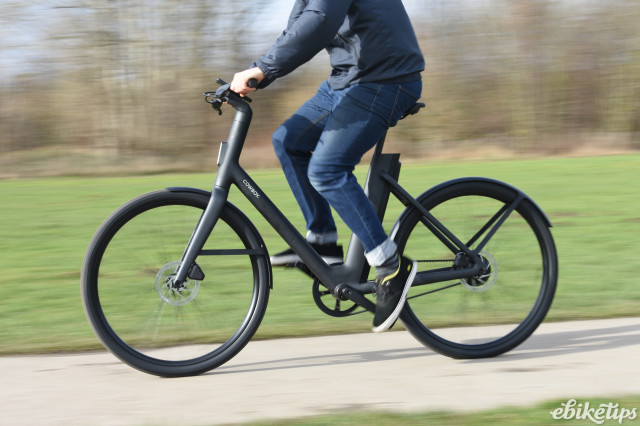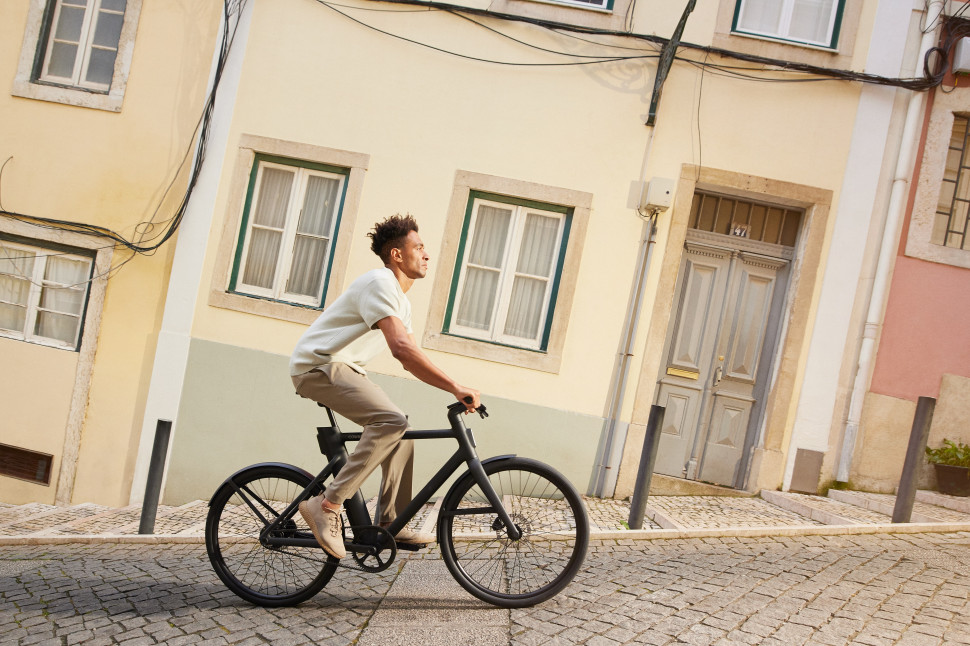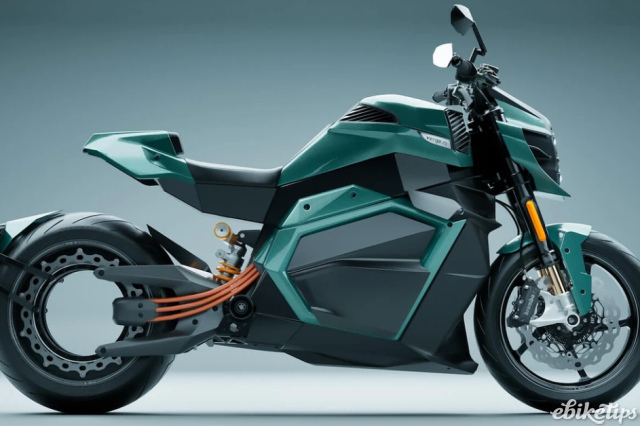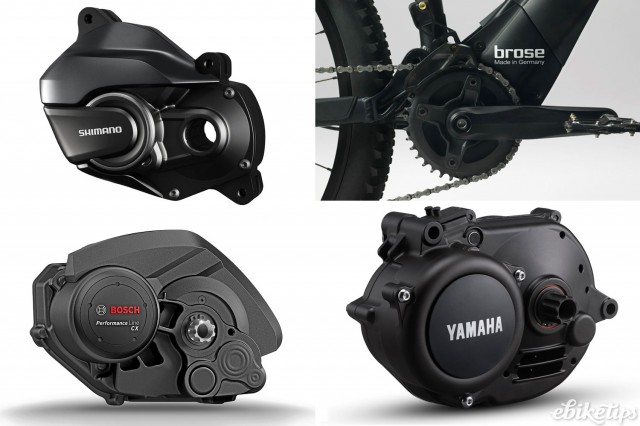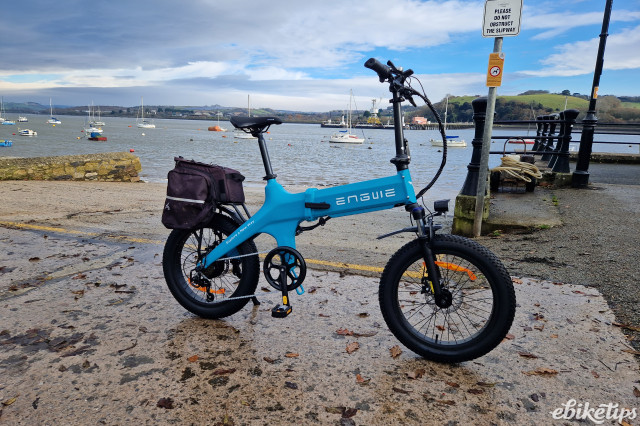A patent dispute over e-bike software has left two European companies that once had a good relationship at one another’s throats. eBikeLabs, from France, and Belgian electric bike manufacturer Cowboy, are embroiled in a potential lawsuit over whether one company’s algorithms have been copied by the other.
The technology at the heart of the argument, as reported by Techcrunch and (machine translated) Cleanrider, is eBikeLabs’ adaptive system for detecting an incline or headwind, and increasing the power output of the bike’s motor accordingly without the rider having to use the handlebar-mounted buttons we’re used to. It patented the idea in January 2022, but the year before had signed a one-way exclusivity agreement with Cowboy, meaning the French software whizzes could only work for the Belgians, but the bike makers were free to look elsewhere if unhappy with the work. There was even an option for Cowboy to purchase eBikeLabs completely. eBikeLabs, with only one client, laid off its marketing department.
In 2022, however, the contract was terminated. Cowboy’s reasons for doing this aren’t known, but it left the Belgian company with the choice of hammering out a new contract with the French outfit, or ditching all their joint work.
> Cowboy crowdfunding campaign soars past €1m mark
So it was until March 2023, when Cowboy released an update for its bikes that brought a new feature called AdaptivePower: the ability to adjust the e-bike’s power output depending on external factors such as wind resistance and terrain. It appears eBikeLabs found this somewhat familiar, and accused Cowboy of reusing its technology, emailing its shareholders about its intention to sue the company for patent infringement and unfair competition.
Cowboy, for its part, denies everything and claims the tech was developed independently, going so far as to accuse eBikeLabs of a smear campaign against it, and threatening to counter-sue the French company for disparagement.
> Cowboy have started selling refurbished e-bikes after attaining B Corp status
The case is ongoing, and if formal proceedings are launched could tie up both sides for some time. It highlights the challenges of intellectual property protection in the rapidly evolving world of electric bikes. As new technologies are developed, it can be difficult to determine who owns the rights to those technologies. This can lead to disputes between companies, as each company tries to protect its own interests.
